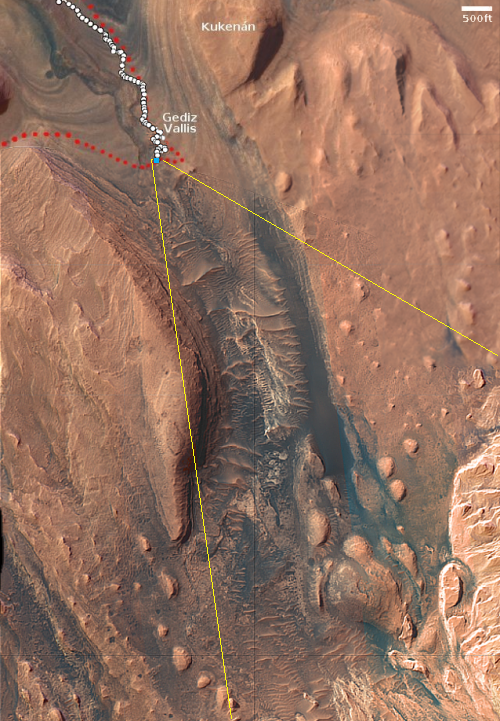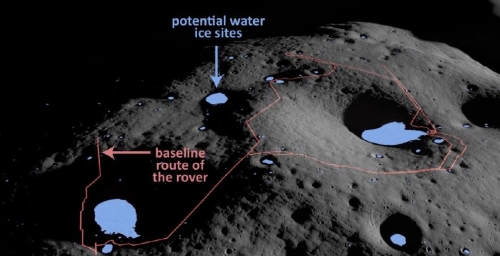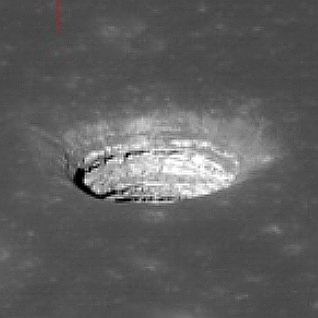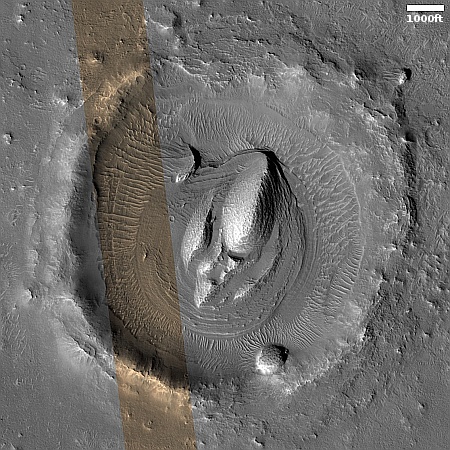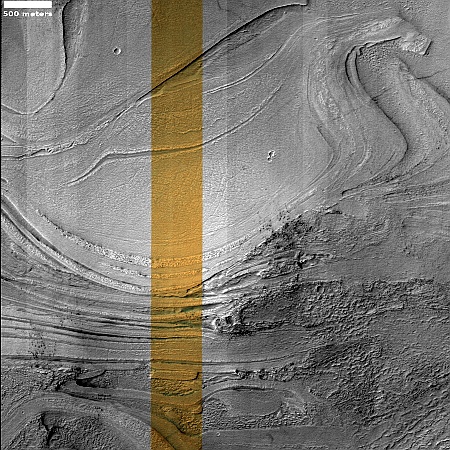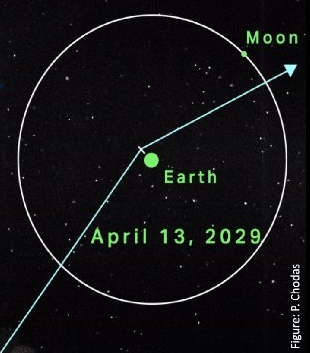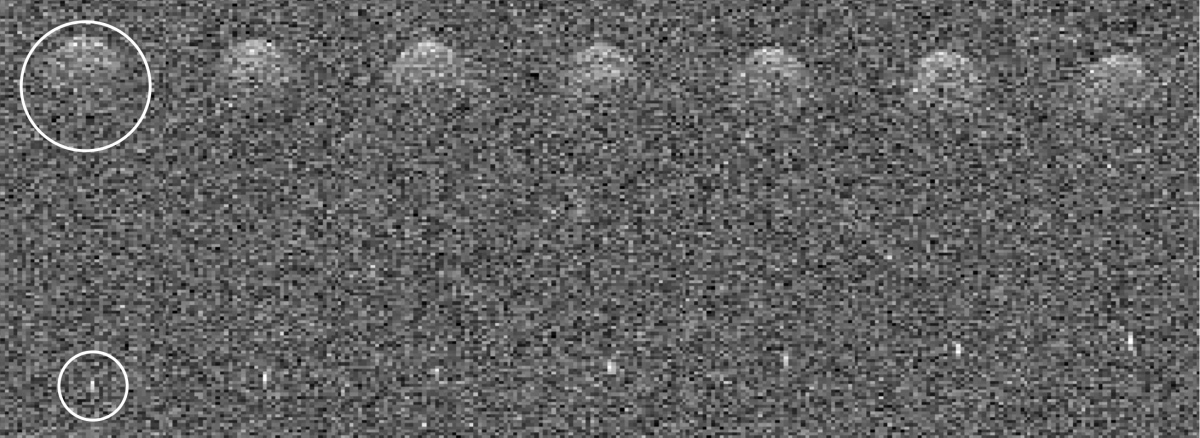July 18, 2024 Quick space links
Courtesy of BtB’s stringer Jay. This post is also an open thread. I welcome my readers to post any comments or additional links relating to any space issues, even if unrelated to the links below.
- Vaya and Scorpius sign deal to work together to build cryogenic oxidizer tank
Lots of blather in the press release, with little concrete information.
- Blue Origin releases video of test deployment of New Glenn’s first stage landing legs
Unlike the Falcon 9’s four legs, New Glenn will have six, and they are stored inside the stage until deployment.
- Rocket Lab touts the production line of HASTE, the suborbital version of its Electron rocket
The picture shows at least seven stages, but only two have the “HASTE” logo, so it isn’t clear how many are for suborbital or orbital flights.
- China touts test success of “key cabin segment” of Lijiuan-2 (Kinetica-2) liquid-fueled rocket
I have no idea from this tweet what exactly they did or tested.
- Today in 1966 John Young and Michael Collins launched on Gemini 10
This mission completed the first entirely successful docking, followed by a rendezvous with a second target spacecraft. Gemini 8 had docked but had to abort shortly thereafter due to out-of-control thruster, and Gemini 9 couldn’t dock because the shroud did not release properly from the target spacecraft.
Courtesy of BtB’s stringer Jay. This post is also an open thread. I welcome my readers to post any comments or additional links relating to any space issues, even if unrelated to the links below.
- Vaya and Scorpius sign deal to work together to build cryogenic oxidizer tank
Lots of blather in the press release, with little concrete information.
- Blue Origin releases video of test deployment of New Glenn’s first stage landing legs
Unlike the Falcon 9’s four legs, New Glenn will have six, and they are stored inside the stage until deployment.
- Rocket Lab touts the production line of HASTE, the suborbital version of its Electron rocket
The picture shows at least seven stages, but only two have the “HASTE” logo, so it isn’t clear how many are for suborbital or orbital flights.
- China touts test success of “key cabin segment” of Lijiuan-2 (Kinetica-2) liquid-fueled rocket
I have no idea from this tweet what exactly they did or tested.
- Today in 1966 John Young and Michael Collins launched on Gemini 10
This mission completed the first entirely successful docking, followed by a rendezvous with a second target spacecraft. Gemini 8 had docked but had to abort shortly thereafter due to out-of-control thruster, and Gemini 9 couldn’t dock because the shroud did not release properly from the target spacecraft.




